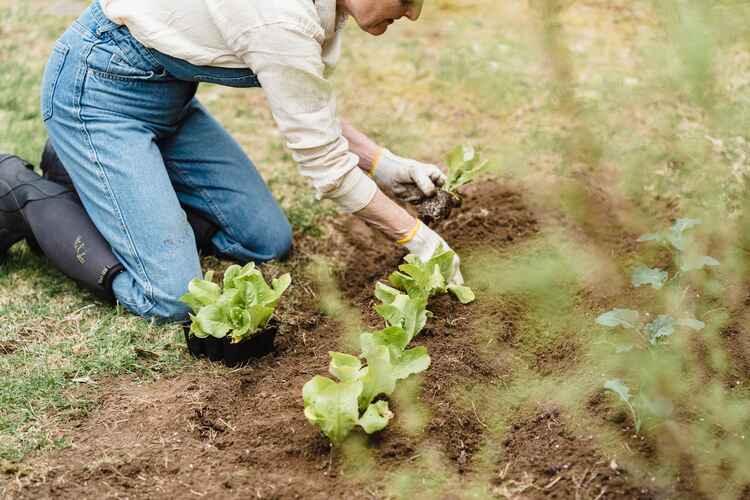Agriculture has been a crucial part of human development since time immemorial.
Contrary to popular belief, agriculture is more than just the growing of crops, harvesting them, and eventually feeding the people. In fact, there’s a lot more science behind it.
Understanding Agricultural Science Education
Agricultural science is most often offered as a Bachelor of Science (BSc) degree. Thus, students are also expected to have a strong grasp of the natural sciences, especially biology and chemistry.
As a discipline, agricultural science refers to all things related to food, the theoretical and practical application of farming, plant and animal production, processing, animal and plant care, and even the business aspect of it, such as marketing and management. In recent years, sustainability, the protection of the environment, and food insecurity have also become crucial parts of studying agriculture. So, some students may be surprised that some programs may also include topics on environmental sustainability, economics, and public policy.
Lastly, agriculture has always been a practical endeavor. Thus, students should also expect a lot of hands-on training in their chosen program. In many institutions, students are required to at least allot a one-year internship or other hands-on training on a farm. Many students pursuing agriculture programs abroad, such as study in the UK or study in Germany, may also consider internships to complement their academic education.
The Impact of Agricultural Science
No matter how common it sounds, food through the agriculture sector is always an important part of life. However, in recent years, food insecurity and other environmental issues have become more prevalent than in the past. For example, in 2018, it was estimated that 9.2% or around 1.9 billion people worldwide experience severe food insecurity.
Graduates of agricultural science have the opportunity to help in eradicating food poverty by researching solutions and innovations in farming, soil studies, self-sufficient production of food, and so on. Agricultural science graduates can also work on sustainable development and energy systems, addressing challenges related to food security and environmental sustainability. This has led to increasing demand for professionals in agribusiness, biotechnology, and even policy-making. If you’re considering a career in agriculture, many career opportunities await, including roles in agricultural consultancy, food production, biotechnology, and sustainable agriculture.
Top Institutions for Agricultural Science Education
According to the 2021 QS World University Rankings, the top institutions when it comes to agriculture, based on their academic reputation, research impact, and employer reputation, are the following:
- Wageningen University and Research in the Netherlands is known as a leading university on food and environment. In fact, Wageningen University currently offers more than 50 programs at different levels, focusing on healthy food and living environments, such as Bachelor’s degrees in Animal Sciences, Environmental Sciences, and Food Technology, and Master’s degrees in Bioinformatics, Climate Studies, and Biosystems Engineering. Students who want to study abroad then Wageningen University is a great option for agriculture.
- The University of California, Davis in the US College of Agricultural and Environmental Sciences is renowned internationally due to its research reputation, academic standing, and diverse and active student community. Moreover, some of the majors it offers include Agricultural and Environmental Education, Environmental Policy Analysis and Planning, and Sustainable Agricultural and Food Systems. Students wishing to study in the US and explore career opportunities in the US can benefit from the high-level agricultural programs at UC Davis.
- Swedish University of Agricultural Sciences in Sweden offers programs with a strong focus on a bio-based environment and economy, health, and life quality. Some of its programs include:
- Master of Science in Energy Systems
- Master of Science in Environmental and Water Engineering
- Sustainable Development
Looking to Start Your Journey in Agricultural Science?
Want to start your journey and have a career in agriculture? Browse through MSM Unify’s agricultural science programs to begin.



























